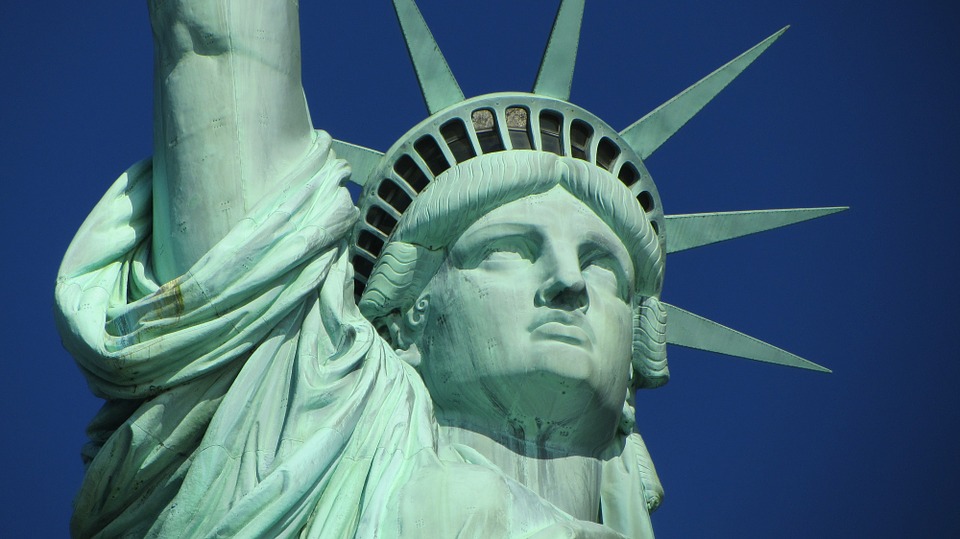Obama Administration’s Overtime Rule Faces Uncertain Future

Obama Administration’s Overtime Rule Faces Uncertain Future
In our November 1, 2016 alert, we had discussed the new overtime rule unveiled by the Obama Administration in May which, effective December 1, would have essentially doubled the minimum salary threshold for the major white-collar exemptions to the Federal Fair Labor Standards Act, from its current $23,360 to $47,476. The rule would have made about 4.5 million currently-exempt white-collar workers nationwide eligible for overtime.
As previously summarized, on September 20, twenty-one States sued the Department of Labor and sought a preliminary injunction to halt the implementation of the overtime rule. Meanwhile, on October 19, several business groups filed a separate lawsuit, seeking to block the overtime rule on an expedited basis. Both cases challenged the changes made by the rule to the section in the Fair Labor Standards Act which defines and delimits the standards for evaluating whether employees are exempt white-collar employees.
In mid-November, several days after our previous alert, Judge Amos L. Mazzant III of the Eastern District of Texas, heard arguments on the request for preliminary injunction. Subsequently, on November 22 he issued the preliminary injunction and agreed with both sets of Plaintiffs’ position that the overtime rule is unlawful. Judge Mazzant’s ruling effectively suspended the implementation of the rule temporarily and blocked the Department of Labor from implementing and enforcing it.
In issuing his ruling, Judge Mazzant concluded that the overtime rule “creates essentially a de facto salary-only test” to be exempt from overtime, and did not consider whether employees had executive, administrative or professional duties, as the FLSA requires. He also found that the plaintiffs’ challenge to the rule had a substantial likelihood of success on the merits and that the plaintiffs would be irreparably harmed if the rule was not halted, and thus issued the injunction nationwide, to “protec[t] both employees and employers from being subject to different [executive, administrative and professional] exemptions based on location.
After some uncertainty about what the outgoing Obama Administration would do, on December 1, 2016, the Department of Labor filed an appeal challenging Judge Mazzant’s decision. In its appeal brief, the Department of Labor argued that the Court of Appeals overlooked controlling precedent and that the updated salary baseline in the new rule is commensurate with previous ones. The Department of Labor also opposed the issuance of a preliminary injunction, on the grounds that the harm caused to employees by the injunction strongly outweighed the costs that the plaintiffs argued they would incur if the rule went into effect.
The Department of Labor also filed a motion seeking an expedited appeal and a shorter briefing schedule, which was granted by the Court of Appeals. The parties now have to file briefs by January 31, 2017, which means that the timeline set forth by the Court of Appeals extends past President-elect Trump’s inauguration. Although the injunction enjoined the rule from becoming effective on December 1, it is a preliminary injunction, which entails that the rule might be revived in the future.
Given the obvious policy differences between the current and incoming Administrations, the future of the rule is uncertain. While the President-elect received substantial support from working class voters who would stand to benefit from the change in the overtime threshold, he also stressed deregulation as a cornerstone of his campaign, which might be inconsistent with the rule remaining in force. The Trump Administration has several options: it could further prosecute the Department of Labor’s appeal, it could revise the salary threshold in the rule to a level it deems less onerous to employers, or it could simply withdraw its appeal before the briefing date, thereby killing the rule permanently. Though it would not be prudent to make a prediction about what the incoming Administration will seek to do, particularly given the unconventional nature of the electoral campaign that resulted in its election, the most likely outcome will be that the rule, as drafted, will never see the light of day, and that the Trump Administration will either enact a different rule or none at all.
With the overtime rule currently held up in Federal court, the Court of Appeal’s ruling cast considerable doubt and uncertainty about what to do for the many employers who had been making arrangements to meet the December 1 effective date, even amidst the relief of not having to comply with the effective date. Because of the short turnaround time between the approval of the rule and its effective date, many employers had already begun tracking their employee’s hours and revising their salary structures. For example, last September Wal-Mart had raised entry-level managers’ starting salaries from $45,000 to $48,500, to stay above the threshold for paying overtime.
The question now is if those employers who made changes will keep them, and if those who did not will make them, in advance of the rule or some other threshold increase potentially becoming effective in the future. Wal-Mart, for one, has announced that it plans to stick with the wage increases, while many other employers have decided not to move forward, and have notified employees that their pending salary increases are now on hold.
This article is a publication of MWH Law Group LLP and is intended to provide general information regarding legal issues and developments to our clients and other friends. It should not be construed as legal advice or a legal opinion on any specific facts or situations. For further information on your own situation, we encourage you to contact the author of the article or any other member of the firm.
© MWH Law Group LLP 2016. All rights reserved.

